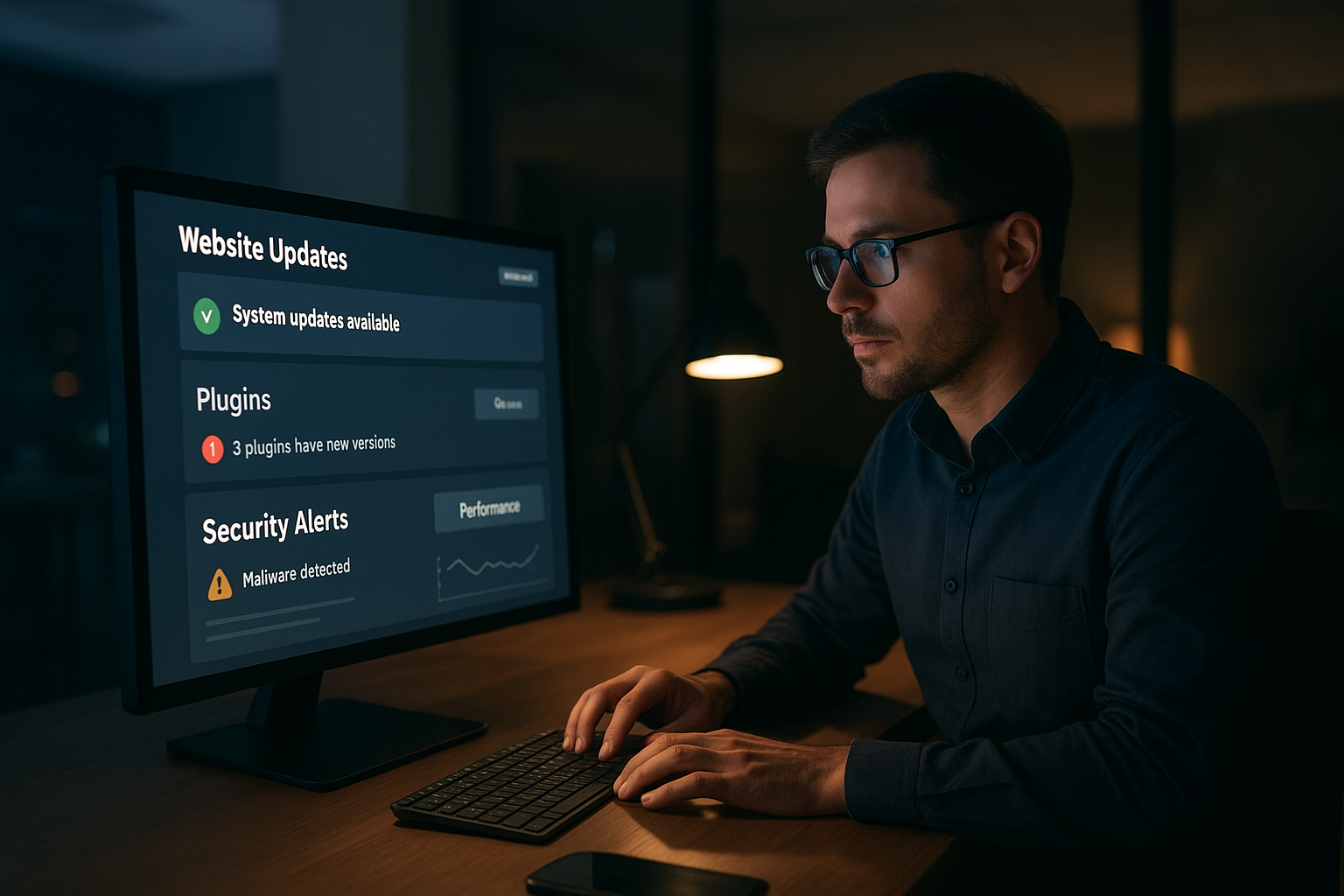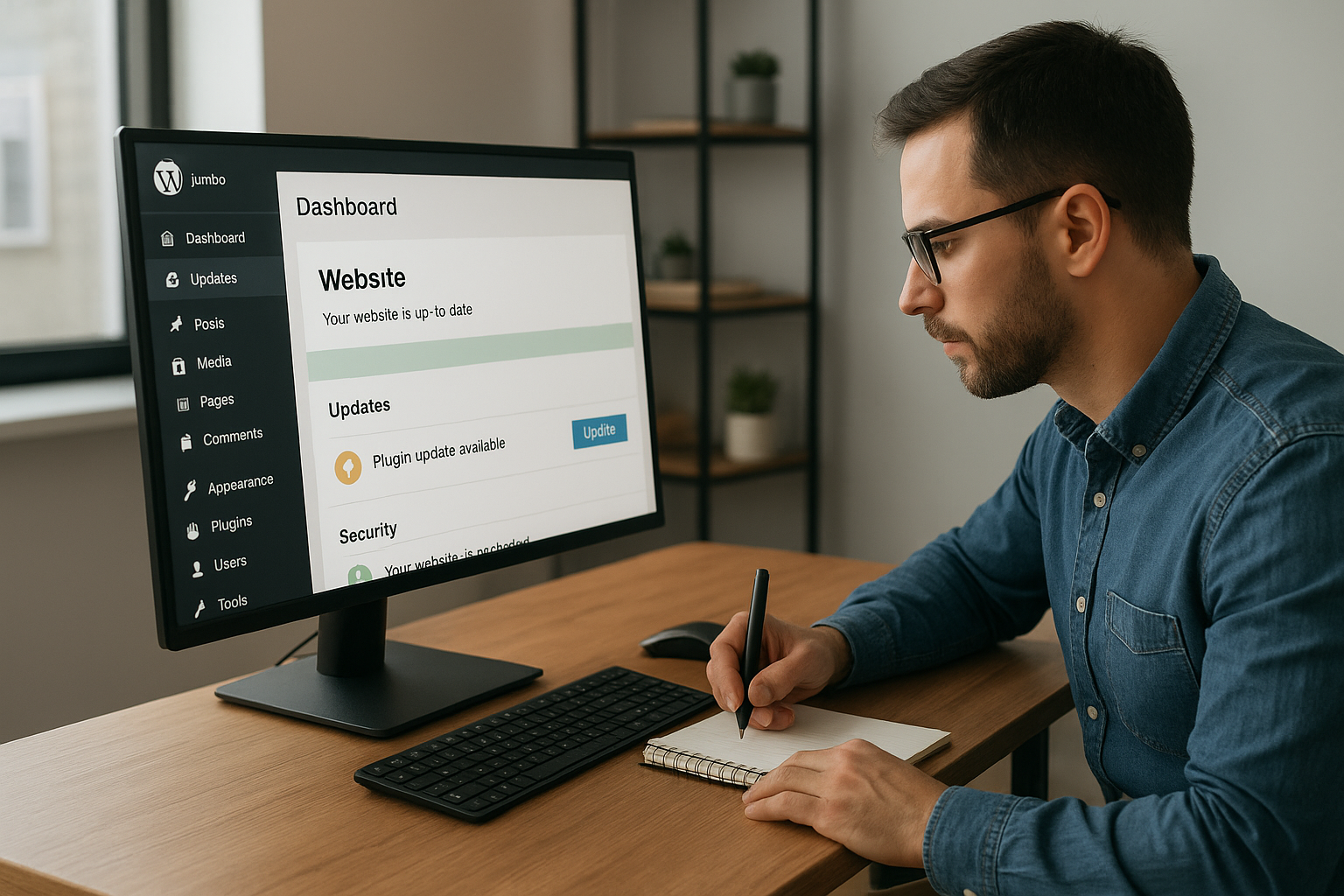
The Essential Guide to Website Maintenance for Long-Term Success

Essential Website Maintenance Practices for Peak Performance
In the fast-paced digital era, maintaining a secure and reliable website is not just good practice—it’s essential for business survival. As cyber threats continue to evolve, websites face increasing risks of data breaches, hacking attempts, and malware infections. Regular website security audits have become a fundamental part of website maintenance, ensuring your online presence remains safe, compliant, and trustworthy.
What is a website security audit?
A website security audit is a comprehensive analysis of a website’s infrastructure, code, and server environment to detect potential vulnerabilities. The process involves testing various layers of security—from login systems and database queries to file permissions and SSL certificates. These audits help businesses identify weaknesses before attackers exploit them.
Why security audits are essential
- Protect sensitive data: Security audits help safeguard customer data, financial details, and business information from unauthorized access.
- Prevent website downtime: A hacked website often goes offline, damaging customer trust and search rankings.
- Ensure compliance: Many industries require regular audits to meet standards like GDPR, PCI DSS, and HIPAA.
- Enhance performance: Audits can also identify performance bottlenecks caused by outdated plugins or insecure scripts.
- Maintain brand reputation: Preventing cyber incidents helps preserve your company’s credibility and reliability.
Key components of a website security audit
- Vulnerability scanning: Automated tools scan for common vulnerabilities such as SQL injection, cross-site scripting (XSS), and insecure configurations.
- Server configuration review: Ensuring the server is properly secured with updated software, strong passwords, and limited access permissions.
- SSL and HTTPS validation: Verifying secure data transfer between users and the website to prevent interception attacks.
- Malware detection: Scanning for malicious code, unauthorized scripts, or hidden redirects that compromise site integrity.
- Access control checks: Reviewing admin access levels and login security protocols such as 2FA (Two-Factor Authentication).
How often should you perform a website audit?
Security experts recommend performing a full website audit at least once every three months, or immediately after major updates, migrations, or plugin installations. For e-commerce or data-sensitive platforms, monthly scans or continuous monitoring solutions are highly recommended.
Best practices for a secure website
- Keep CMS platforms, themes, and plugins updated regularly.
- Use a reliable web application firewall (WAF) for real-time threat prevention.
- Monitor login activity and set alerts for suspicious behavior.
- Encrypt all user data and enforce strong password policies.
- Back up your website daily to restore it quickly in case of an attack.
Conclusion
Regular website security audits are the cornerstone of effective website maintenance. They not only help detect and fix vulnerabilities but also build a culture of proactive cybersecurity. By implementing strong security practices and scheduling periodic audits, businesses can ensure that their websites remain resilient against evolving digital threats—keeping both customers and data safe at all times.







